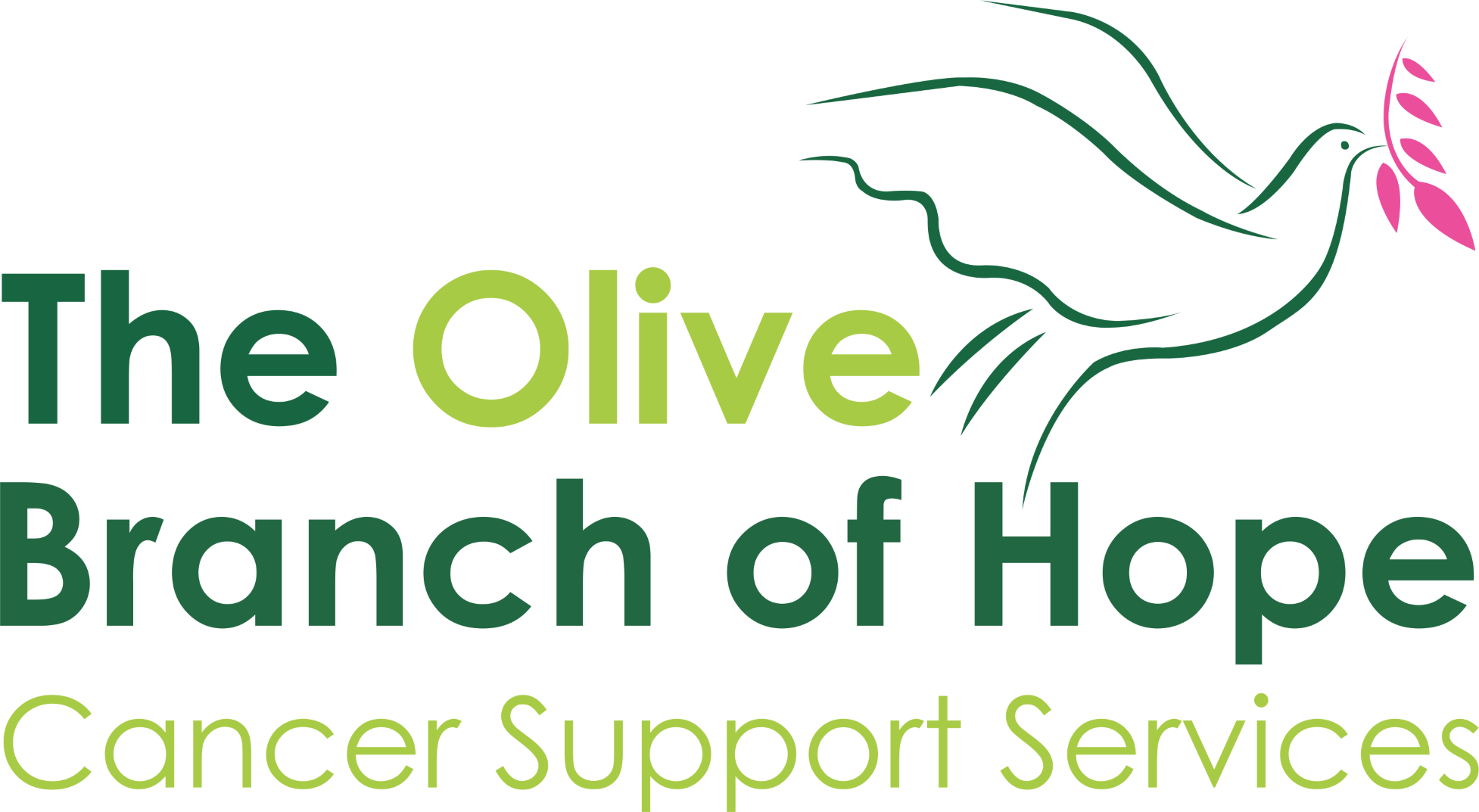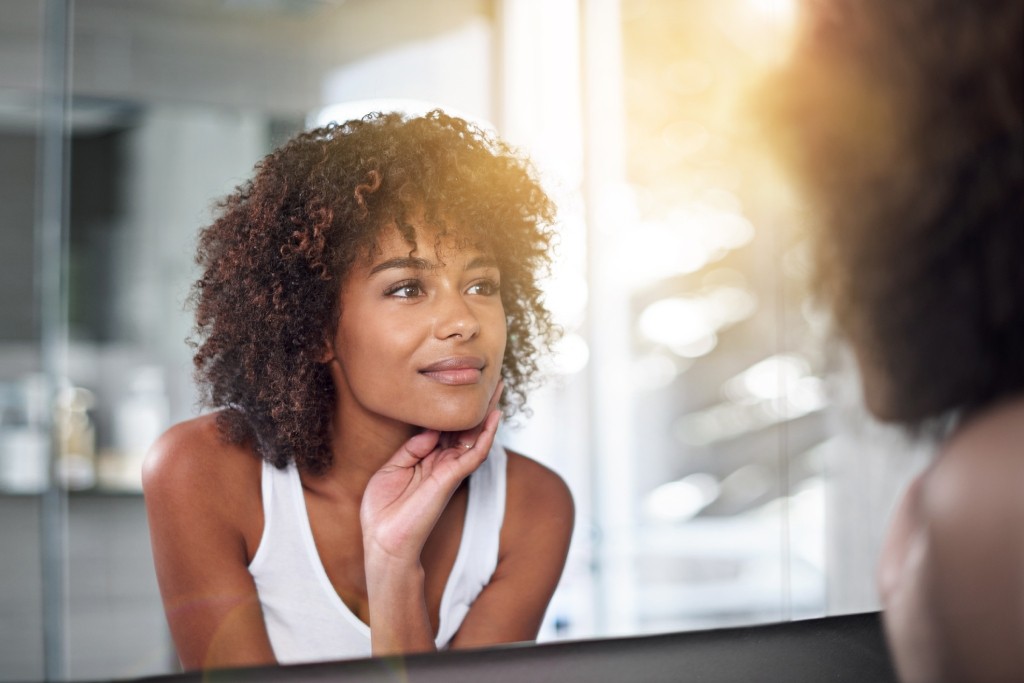What is Self-Care?
“Treat yourself like someone you love. You are worth it”
Self-care is sometimes thought of as self-love. Self-care is not only about massages, manicures and vacations. Self-care starts with determining who you want to be.
Self-care is the holistic, practical approach to taking care of the physical, mental, spiritual, emotional and social aspects of your life for the purpose of improving your overall health and wellness.
From childhood we are taught that we need to work hard and be strong. That we need to work twice or three times as hard as others to succeed in life. Don’t give up. Persevere. These attributes are admirable. At the same time these attributes with our pursuit “to have it all” or trying to be everything to everyone can be a burden if it leads to us putting our own needs last such that it becomes a detriment to our health.
The concepts related to promoting self-care typically vary from person to person because they include doing what makes you feel good. When you are feeling drained and burnt out, taking the time for self-care is the first step to replenish your energy and become a better you.
Why Self-Care is Important
Self-Care is critical to achieving your goals. It is essential because it benefits not only you but also your closest friends and family members. It involves forming a healthy relationship with yourself, creating the best you, and giving off positive energy to those around you. Self-care should not be viewed as a selfish act… Instead, you should view it as a way of showing yourself compassion and kindness. With this comes many benefits that you will gain.
- Prevents burnout.
- Boosts energy levels and productivity
- Can improve your immune system to stave off illnesses
- Reduces stress levels and their harmful effects
- Boosts self-esteem and mood
- Fosters a healthy work-life balance
- Can help you to better cope with life’s challenges
The Five Pillars Of Self-Care
1. Nutrition & Exercise
Nutrition involves eating the right foods in the right amounts. Healthy eating is an important first step to improving your health and wellbeing. Good nutrition combined with regular physical activity can help combat or prevent obesity which often leads to a number of health issues including cancer. NHS studies have shown that a healthy diet is strongly linked to multiple physical and mental health benefits.
These include:
- Improved mood and memory
- Weight loss
- reducing the risk of cancer, diabetes, heart disease and stroke
- Stronger teeth and bones
- Better gut health
2. Faith & Hope
Despite being commonly overlooked, faith and hope go hand-in-hand. They are connected with spirituality and play a significant role in self-care particularly in helping to overcome life’s challenges.
If your thoughts are constantly negative it can lead to you believing that there isn’t anything better for you or you won’t make it through your difficult situation. It can cause you to lose faith and lead to a sense of hopelessness.
Faith keeps you believing and hope energizes you with the expectation that things will change – your situation is not permanent. For many Faith is the belief that God is in control and can turn things around for them.
“Hope will fight against depression. Hope will fight against anxiety. Hope will fight against fear. Hope wages war against feeling a great sense of heaviness. Hope pushes through worry and it expects a good outcome in the midst of our troubles.”
If you ever find yourself getting to a place where it seems like there is no reason to go on, ask someone close to you for help. It is okay. We all need help at at some point in our lives
Some battles are not meant to be fought alone. We are stronger together.
3. Traditional Natural Medicine
The WHO has identified Traditional Natural Medicine as “the sum total of the knowledge, skill, and practices based on the theories, beliefs, and experiences indigenous to different cultures, whether explicable or not, used in the maintenance of health as well as in the prevention, diagnosis, improvement or treatment of physical and mental illness”.
Traditional Natural Medicine is a massive umbrella that encompasses a wide variety of subcategories, such as the following:
- Naturopathy
- Acupuncture
- Homeopathy
- Herbal medicine
- Dietary supplements
There was a time when African Herbal (Plant-Based) Medicine that has been used for centuries was completely debunked by the Western Medical community. Africans were discouraged from using herbal remedies while various drugs were heavily promoted and encouraged as the primary/only means to treat various illnesses and diseases. Today across Canada and the United States for example, Herbal Medicine has gained enormous popularity and acceptance. Organic stores, plant-based products and foods and herbal supplements are readily available and widely used.
When it comes to self-care, traditional natural medicine plays an important role. Prior to use, educate yourself about the herbs you are considering for improved health and wellness. In consultation with your doctor or a specialist, traditional natural medicine can be effective in treating common ailments and help to relieve stress and anxiety for example.
4. Conventional Modern Medicine
At the other end of the spectrum to traditional natural medicine is conventional modern medicine or mainstream medicine. Conventional modern medicine is the system that treats diseases using surgery, drugs, and radiation, making it another practical method to care for yourself.
Healthcare Can Be Expensive
Proper healthcare is essential. However, doctor’s visits, medications and medical procedures can become too expensive for many in the Afrian-Caribbean community. In a lot of cases they cannot afford to pay for healthcare and get stuck with large medical bills. This can quickly become a hindrance to seeking healthcare (and self-care itself).
At the same time, some government agencies provide health insurance to offset the cost of the treatment of common diseases. It is important to speak with your healthcare provider and ask them about the proper health insurance policy that suits your needs.
Cultural Views – Many don’t visit a doctor regularly
Sadly, in some Afro-Caribbean cultures, mainly, the male population, there is a negative attitude towards healthcare. The thought is that instead of seeking care from a doctor, you should just wait and “watch it,” or opt to treat it yourself using natural remedies. Natural remedies can help with some sickness. However, there are situations when it is absolutely necessary to see a medical doctor.
It is important that we encourage our friends and family members to get regular checkups and visit their doctor especially when they are very ill.
5. Mindset
Embracing a positive mindset to life, as well as one towards the practice of self-care, is crucial. Having a positive mindset and fostering optimism is an exceptional skill to learn. The many benefits of positive thinking contribute to active self-care. They include the following:
- Lower levels of stress and anxiety
- Better coping mechanisms for highly stressful situations
- Improved physical and mental wellbeing
- Lowers the risk for depression
How To Promote Positive Self-Care In Your Life
There are many ways to promote self-care in your life. Make the effort to create a compelling and personalized self-care plan. Find a friend or family to join you in creating a plan and holding each other accountable. Another option is to seek the help of a professional Counsellor or Life Coach. At the start, it may be trial and error, but soon, you will find the best way to manage your needs, which fits your schedule. Again don’t hesitate to ask for help.
- Identify the hobbies or tasks that make you feel refreshed and write it down.
- Make sure that you choose self-care activities that target some of the following aspects of your life: physical, social, emotional, mental and spiritual.
- Make self-care a habit while continuously adapting your routine and activities to meet your goals
- And have fun!
References
- “Apple Presents the Best of 2018.” Apple Newsroom, 27 Mar. 2020, www.apple.com/newsroom/2018/12/apple-presents-the-best-of-2018/.
- Frierson, Georita M, et al. “Effect of Race and Socioeconomic Status on Cardiovascular Risk Factor Burden: the Cooper Center Longitudinal Study.” Ethnicity & Disease, U.S. National Library of Medicine, 2013, https://www.ncbi.nlm.nih.gov/pmc/articles/PMC4266688/ .
- “Health Benefits of Eating Well.” Food and Nutrition | NHS Inform, www.nhsinform.scot/healthy-living/food-and-nutrition/eating-well/health-benefits-of-eating-well.
- “How to Stop Negative Self-Talk.” Mayo Clinic, Mayo Foundation for Medical Education and Research, 21 Jan. 2020, www.mayoclinic.org/healthy-lifestyle/stress-management/in-depth/positive-thinking/art-20043950.
- Lackland, Daniel T. “Racial Differences in Hypertension: Implications for High Blood Pressure Management.” The American Journal of the Medical Sciences, U.S. National Library of Medicine, Aug. 2014, https://www.ncbi.nlm.nih.gov/pmc/articles/PMC4108512/ .
- “Metabolic Syndrome.” Metabolic Syndrome | Johns Hopkins Medicine, www.hopkinsmedicine.org/health/conditions-and-diseases/metabolic-syndrome.
- “NCI Dictionary of Cancer Terms.” National Cancer Institute, www.cancer.gov/publications/dictionaries/cancer-terms/def/complementary-medicine.
- “NCI Dictionary of Cancer Terms.” National Cancer Institute, www.cancer.gov/publications/dictionaries/cancer-terms/def/conventional-medicine.
- Silva, Christianna. “The Millennial Obsession With Self-Care.” NPR, NPR, 4 June 2017, www.npr.org/2017/06/04/531051473/the-millennial-obsession-with-self-care.
- “Types of Complementary and Alternative Medicine.” Types of Complementary and Alternative Medicine | Johns Hopkins Medicine, www.hopkinsmedicine.org/health/wellness-and-prevention/types-of-complementary-and-alternative-medicine.
- “Types of Complementary and Alternative Medicine.” Types of Complementary and Alternative Medicine | Johns Hopkins Medicine, www.hopkinsmedicine.org/health/wellness-and-prevention/types-of-complementary-and-alternative-medicine.
- “What Advantages Do I Get When I Use Alternative Medicine.” Boise’s Best Chiropractic, www.boiseapexchiro.com/what-advantages-do-i-get-when-i-use-alternative-medicine/


